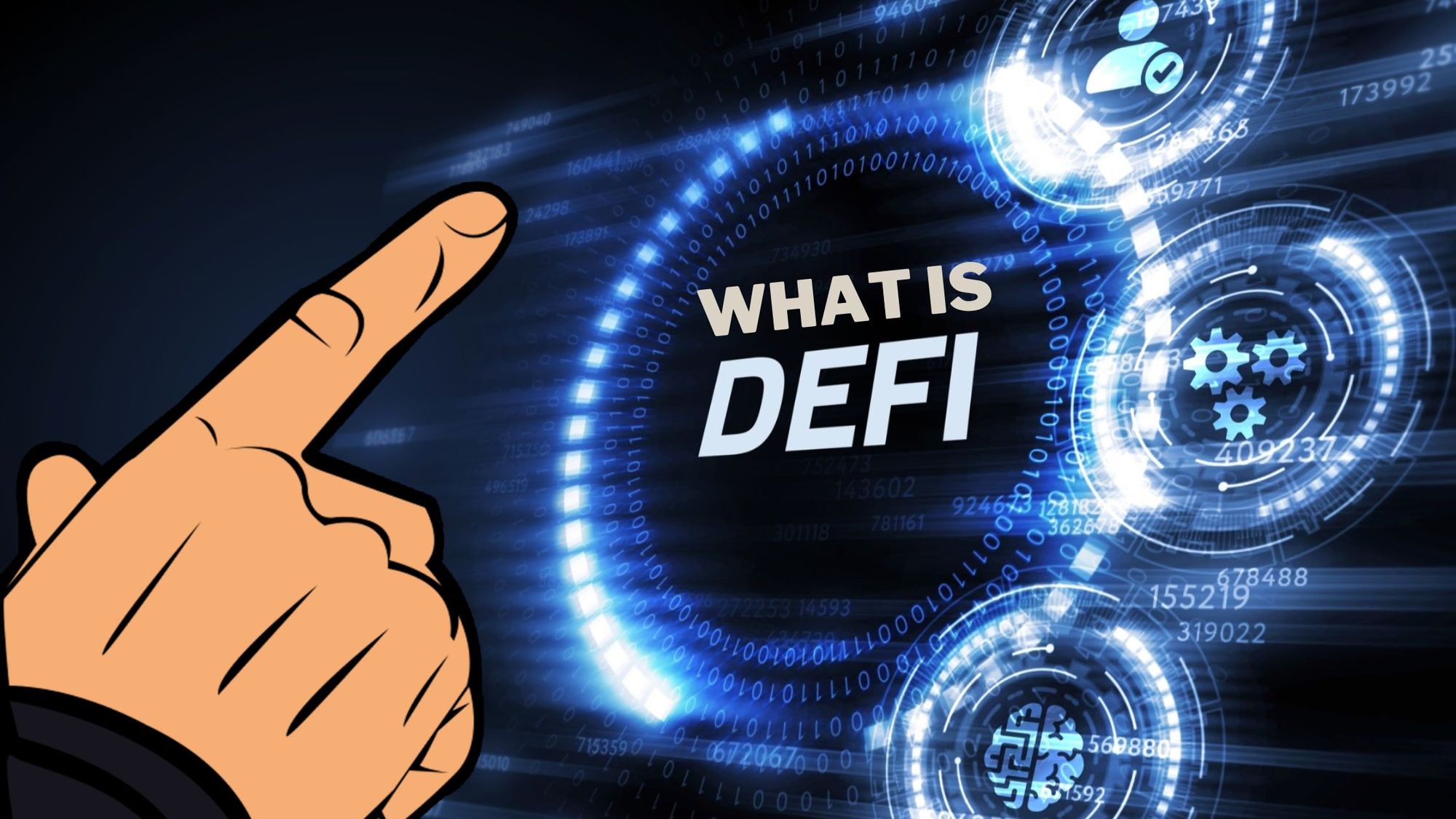DEFINITION:
A Decentralized Autonomous Organization (DAO) is a type of organization that operates based on a set of rules encoded in computer code, rather than being controlled by a central authority or management structure. It is managed by its members, who hold voting rights that allow them to make decisions on how the organization operates and what actions it takes.
What is a DAO?
A DAO is a revolutionary type of organization that operates based on a set of rules encoded in computer code, rather than being controlled by a central authority. DAOs are managed by their members, who hold voting rights that allow them to participate in decision-making and governance processes.
The most important aspect of DAOs is that they are built on blockchain technology, which enables secure and transparent transactions and governance processes. This also means that DAOs can operate in a more transparent, efficient, and democratic manner than traditional organizations.
Key Features of DAOs:
- Decentralized: DAOs are managed by their members rather than a central authority, which means that decision-making and governance processes are decentralized.
- Transparent: DAOs operate on a blockchain, which provides a high degree of transparency and accountability.
- Autonomous: DAOs are self-governing, and their rules and decision-making processes are encoded in computer code.
- Democratic: DAOs enable members to participate in decision-making and governance processes in a democratic manner, with each member having a voice and voting rights.
Benefits of DAOs:
The primary benefit of a DAO is that it enables decentralized and democratic decision-making, without the need for centralized management or oversight. This means that DAOs can operate in a more transparent, efficient, and democratic manner than traditional organizations. Members of a DAO can participate in decision-making and governance processes in a decentralized and secure way, which reduces the risk of corruption or abuse of power.
- Efficiency: DAOs can operate more efficiently than traditional organizations, as decision-making processes are streamlined and automated.
- Transparency: DAOs are highly transparent, which can increase trust and accountability.
- Decentralization: DAOs are decentralized, which reduces the risk of corruption or abuse of power.
- Flexibility: DAOs can be adapted to a wide range of use cases, from crowdfunding to investment to the governance of decentralized networks.
Uses of DAOs:
DAOs can be used in a variety of contexts, including crowdfunding, crypto investment, and governance of decentralized platforms or networks. They are particularly well-suited to projects that require collaboration and coordination among a large number of stakeholders, as they enable these stakeholders to participate in decision-making and governance processes in a transparent and democratic manner.
The Revolutionization of Organizational Structure and Governance:
DAOs are very new and have only been able to exist through blockchain technology and represent a new paradigm in organizational structure and governance, offering a decentralized and democratic approach to decision-making and governance.
They have the potential to revolutionize the way we think about organizational structure and governance, by enabling decentralized and democratic decision-making that is transparent, efficient, and accountable.
As blockchain technology continues to evolve, we will likely see more organizations adopt the DAO model which may lead to a more democratized and transparent global economy.

Future Growth of Decentralized Autonomous Organizations
Decentralized Autonomous Organizations (DAOs) represent a significant evolution in organizational structure and governance, leveraging blockchain technology to operate with reduced centralization and increased transparency. Their future growth is influenced by several factors:
- Increased Adoption in Various Sectors: DAOs have potential beyond the cryptocurrency and blockchain sectors. They can be applied in industries like finance, real estate, arts, entertainment, and even governance. This broad applicability could lead to increased adoption across various domains.
- Governance and Decision-Making Innovations: DAOs offer a new model of governance and decision-making, which is more democratic and community-driven. As these models mature and become more refined, they could attract more organizations looking for transparent and equitable governance structures.
- Regulatory Environment: The regulatory landscape will play a crucial role in the growth of DAOs. Clear and supportive regulations could encourage the formation and development of DAOs, while restrictive policies might hinder their growth.
- Technological Advancements: The future growth of DAOs is tied to advancements in blockchain technology, including scalability, security, and interoperability improvements. These advancements will make DAOs more efficient and versatile.
- Integration with Traditional Business Models: There's growing interest in how DAOs can be integrated with traditional business models. This could lead to hybrid models where the transparency and community governance of DAOs are combined with the efficiency and familiarity of traditional corporate structures.
- Challenges and Learning Opportunities: As DAOs continue to evolve, they will face challenges such as effective decision-making processes, legal recognition, and managing diverse community interests. Each challenge presents an opportunity for learning and innovation, driving the evolution of DAOs.
- Financial Inclusion and Global Collaboration: DAOs enable global participation and collaboration, breaking down geographical and financial barriers. This inclusivity can lead to more diverse and robust organizations, fostering innovation and growth.
- Community and Network Effects: The growth of DAOs is often propelled by strong community support and network effects. As more people become involved, the value and capabilities of a DAO can increase, attracting even more participation.
- Emergence of DAO Tools and Platforms: The development of specialized tools and platforms for creating and managing DAOs will lower the barrier to entry, making it easier for new DAOs to emerge and operate effectively.
- Ethical and Sustainable Practices: DAOs offer a platform for promoting ethical and sustainable business practices, as decision-making can be more transparent and community-driven. This aspect could appeal to a growing demographic that values corporate responsibility and sustainability.
In summary, the future of DAOs looks promising, with potential for significant growth and innovation. The convergence of technological advancements, regulatory developments, and growing interest across various sectors could see DAOs becoming a more common and influential form of organization in the digital age.
You May Also Like:




